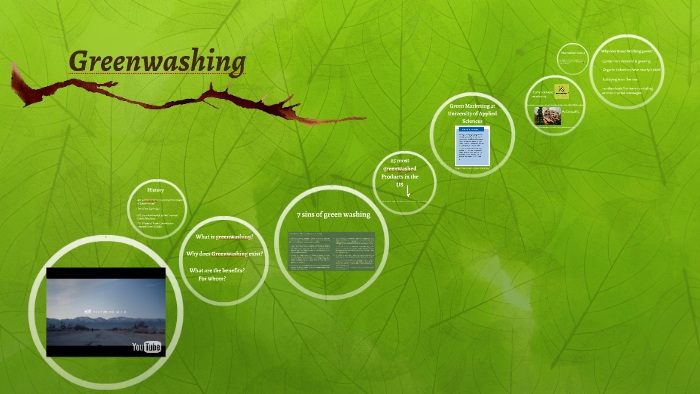

But cloth diapers can be messy and time-consuming.Įnter the “Pure & Natural” diaper, created by Huggies. Diapers can also contain chemicals like dioxin, which some green parents don’t want anywhere near their babies. Diapers add about 3.5 million tons of garbage to the world’s landfills each year. It’s every environmentally-conscious parent’s nightmare: the disposable diaper. Seuss’s famous environmentalist? Definitely not. The only car to get a seal of approval by Dr. More environmentally friendly than a Chevy Suburban? Sure. Not only that, but it may appeal to consumers who would otherwise choose a truly efficient vehicle, one that would actually be approved by the (fictional) Lorax. But its fuel efficiency is still not much better than the average vehicle on the roads. It also includes technology that gives it better fuel efficiency than most gas guzzlers. It’s what is called a crossover, which means that it’s smaller, and that it’s actually built on a car base, rather than a truck base like most large SUVs. The Mazda CX-5 is not, in fact, a gas guzzler like old-time SUVs.

The ad touts the Mazda CX-5 as having “the only Truffula tree seal of approval.” In the original children’s book, the antagonist chops down all of the Truffula trees in the land, which leads to an environmental meltdown. There’s nothing like an SUV to scream “not green.” And yet, in 2012, Mazda decided to greenwash its CX-5 sports utility vehicle with some commercials that appealed to the child in every car buyer:Įnvironmentalists around the world took great offense at this misuse of Dr. Take a look at some of these greenwashing examples that will show you what to look out for, as both a consumer and as a marketer. And as a marketer, it’s important to recognize that being seen as greenwashing can seriously damage the credibility of your company. But according to The Seven Sins of Greenwashing, a report published and periodically updated by TerraChoice Environmental Marketing, a whopping 95% of presumably green products are actually guilty of at least one aspect of greenwashing.Īs a consumer, it’s important to recognize that greenwashing is a marketing ploy - one that you don’t have to fall for. “Greenwashing,” or duping the public into believing that a product or process is truly environmentally conscious, has been around for years. That’s why some companies hope that slapping a green-sounding label on products with insignificant changes will help them appeal to non-discerning consumers. But truly nontoxic or environmentally-friendly products are often costly and time-consuming to create. After all, with more and more green-minded consumers, it’s only logical that marketers would jump on the green bandwagon. You can hardly walk down any aisle without finding shelves of products bearing claims like these. All natural! Sustainably harvested! BPA free! Environmentally friendly!


 0 kommentar(er)
0 kommentar(er)
